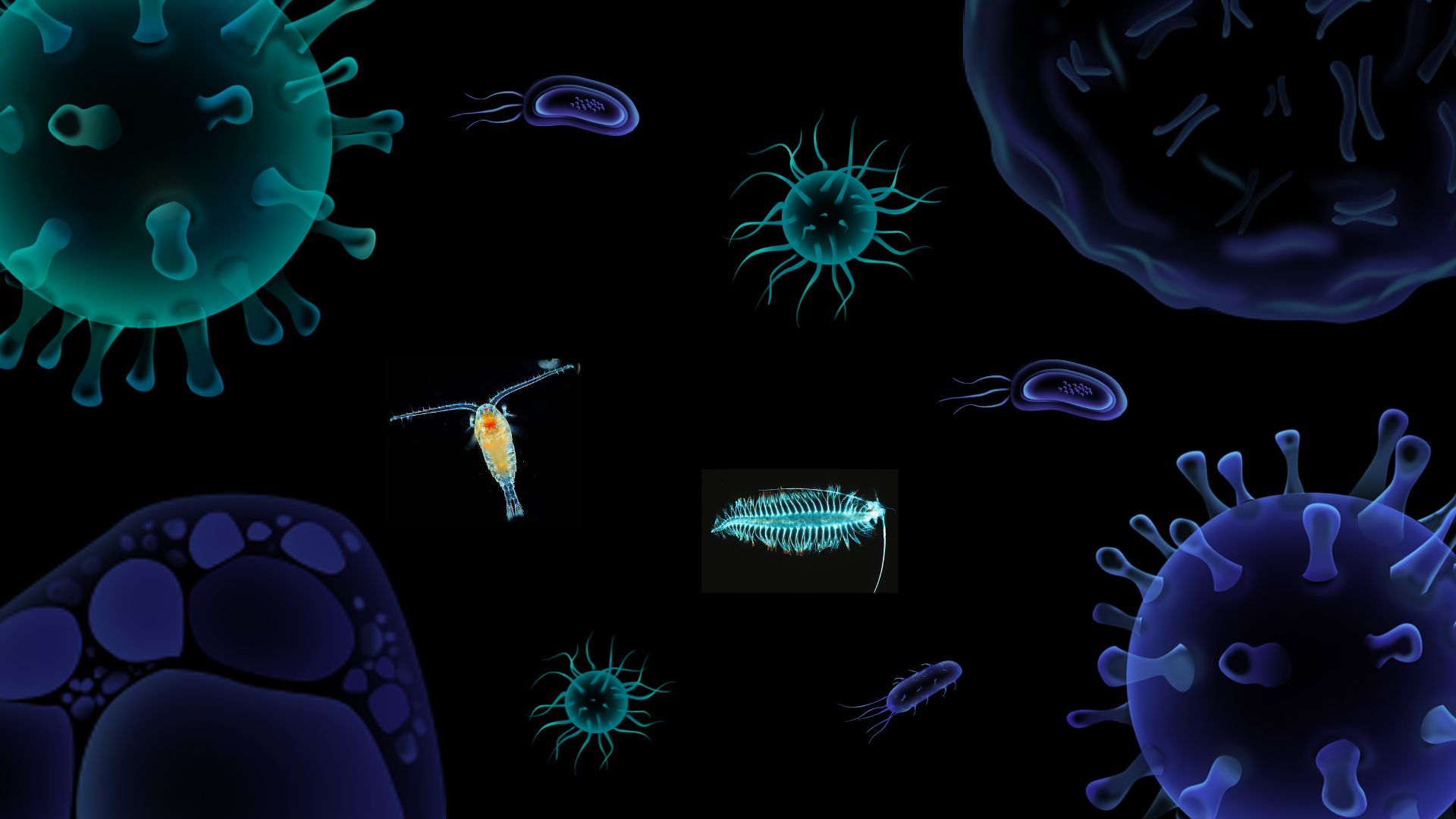Impact of sea surface warming and increasing salinity on mesozooplankton in the Volta estaury
Impact of sea surface warming and increasing salinity on mesozooplankton in the Volta estaury
No description available.
Data and Resources
Biological rates of estuarine copepods exposed to sea surface warming and increasing salinity
This data was collected as part of an MPhil research aimed at assessing the impact of sea surface warming and increasing salinity on the biological rates of calanoid copepods adapted to estuarine conditions. Two copepod species - Temora stylifera and Paracalanus parvus - were investigated. The experiment involved the exposure of the species to different temperatures and salinity combined The dataset contains: 1. the rates of egg production, faecal pellet production, and mortality of the species (Temora stylifera) during the dry season 2. the rates of egg production, faecal pellet production, and mortality of the species (Paracalanus parvus) during the wet season 3. metadata associated with the research
Additional Info
| Field | Value |
|---|---|
| Author | Docia Agyapong |
| Maintainer | Regional Oceans and Coastal Datahub |
| Last Updated | Mon, 09 Dec 2024 09:57:38 GMT |
| Created | Thu, 15 Feb 2024 12:56:35 GMT |
| Coastal Region Sampled | Volta |
| Country | Ghana |
| Source of Funding |
-

Biological
This covers information concerning living organisms, their products, exploitation, interactions and the natural systems that support them.
-
Brackishwater
-
Plankton
